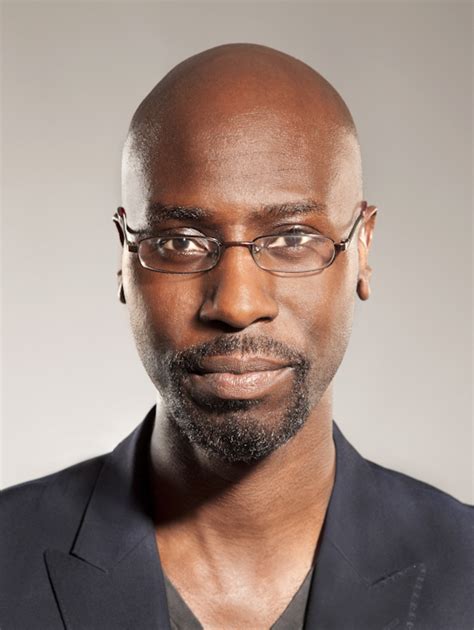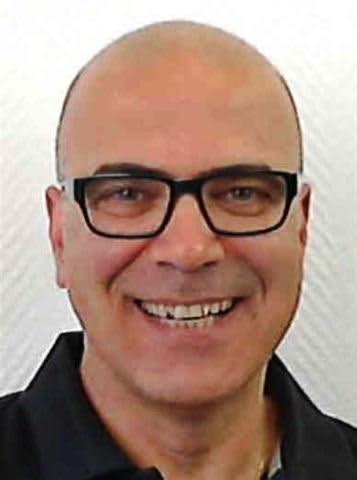A Quote by Rasheed Ogunlaru
Our abilities and possibilities are at one and the same time very limited and quite infinite dependent on the depth of our relationship to our 'self', others and life itself.
Related Quotes
Emotional dependence is the opposite of emotional strength. It means needing to have others to survive, wanting others to "do it for us," and depending on others to give us our self-image, make our decisions, and take care of us financially. When we are emotionally dependent, we look to others for our happiness, our concept of "self," and our emotional well-being. Such vulnerability necessitates a search for and dependence on outer support for a sense of our own worth.
Right from the moment of our birth, we are under the care and kindness of our parents, and then later on in our life when we are oppressed by sickness and become old, we are again dependent on the kindness of others. Since at the beginning and end of our lives we are so dependent on other's kindness, how can it be in the middle that we would neglect kindness towards others?
I consider morals and aesthetics one and the same, for they cover only one impulse, one drive inherent in our consciousness - to bring our life and all our actions into a satisfactory relationship with the events of the world as our consciousness wants it to be, in harmony with our life and according to the laws of consciousness itself.
Some might say that looking inside of ourselves for spiritual truths is egocentric and selfish, and that egolessness and selflessness lie in working for others in the world. But until we find our inner truth, our work in the world will always revolve around our 'selves'. As long as we think about the world in terms of 'self' and 'others', our actions will be selfish. Our 'self' follows us wherever we go, so positive results will be limited.
All thought of something is at the same time self-consciousness [...] At the root of all our experiences and all our reflections, we find [...] a being which immediately recognises itself, [...] and which knows its own existence, not by observation and as a given fact, nor by inference from any idea of itself, but through direct contact with that existence. Self-consciousness is the very being of mind in action.
Our time and attention is scarce. Art is not that important to us, no matter what we might like to believe... Our love of art is often quite temporary, dependent upon our moods, and our love of art is subservient to our demand for a positive self image. How we look at art should account for those imperfections and work around them. Keep in mind that books, like art museums, are not always geared to the desires of the reader. Maybe we think we are supposed to like tough books, but are we? Who says? Many writers (and art museums) produce for quite a small subsample of the... public.
Before making peace, war is necessary, and that war must be made with our self. Our worst enemy is our self: our faults, our weaknesses, our limitations. And our mind is such a traitor! What does it? It covers our faults even from our own eyes, and points out to us the reason for all our difficulties: others! So it constantly deludes us, keeping us unaware of the real enemy, and pushes us towards those others to fight them, showing them to us as our enemies.
The human mind has a desire to know its place in the universe and the role we play in the tapestry of life. This is actually hardwired into our brains, the desire the know our relationship to the universe. This was good for our evolution, since it enabled us to see our relationship to others and to nature which was good for our survival. And it is also what drives our curiosity to understand the universe.
The biggest adversary in our life is ourselves. We are what we are, in a sense, because of the dominating thoughts we allow to gather in our head. All concepts of self-improvement, all actions and paths we take, relate solely to our abstract image of ourselves. Life is limited only by how we really see ourselves and feel about our being. A great deal of pure self-knowledge and inner understanding allows us to lay an all-important foundation for the structure of our life from which we can perceive and take the right avenues.
More than anything else, kindness is a way of life. It is a way of living and walking through life. It is a way of dealing with all that is-our selves, our bodies, our dreams and goals, our neighbors, our competitors, our enemies, our air, our earth, our animals, our space, our time, and our very consciousness. Do we treat all creation with kindness? Isn't all creation holy and divine?
Given the scale of life in the cosmos, one human life is no more than a tiny blip. Each one of us is a just visitor to this planet, a guest, who will only stay for a limited time. What greater folly could there be than to spend this short time alone, unhappy or in conflict with our companions? Far better, surely, to use our short time here in living a meaningful life, enriched by our sense of connection with others and being of service to them.
We fear our highest possibilities. We are generally afraid to become that which we can glimpse in our most perfect moments, under conditions of great courage. We enjoy and even thrill to godlike possibilities we see in ourselves in such peak moments. And yet we simultaneously shiver with weakness, awe, and fear before these very same possibilities.

































